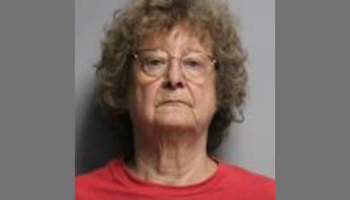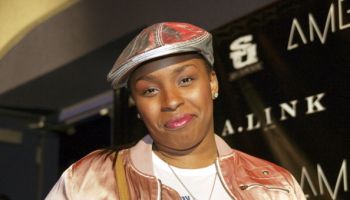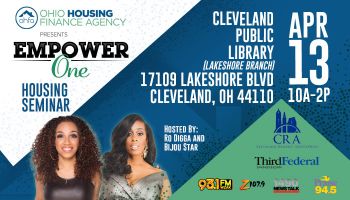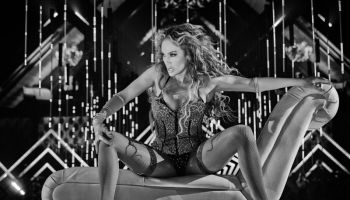| Soldier of Love is only the sixth studio album the band Sade have released during their 25 year career, and the first since Lovers Rock in 2000. For Sade herself, as the lynchpin of the group’s songwriting effort, it’s a simple matter of integrity and authenticity. “I only make records when I feel I have something to say. I’m not interested in releasing music just for the sake of selling something. Sade is not a brand.”The call went out in 2008 for the group to re-convene at Peter Gabriel’s Real World studio, near Sade’s home in the countryside of south west England. It was the first time the four principals had met up since the Lovers Rock tour wrapped in 2001. Bassist Paul Denman de-camped from Los Angeles, where he had been managing his teenage son’s punk band, Orange. Guitarist and sax player Stuart Matthewman interrupted his film soundtrack work in New York, and keyboardist Andrew Hale gave up his A&R consultancy. | |
| In a series of fortnightly sessions at Real World, Sade sketched out the material for a new album which, they all felt, was probably their most ambitious to date. In particular, the sonic layering and martial beats of the title track, Soldier Of Love, sounded quite different from anything they had previously recorded. According to Andrew Hale: “The big question for all of us at the beginning was, did we still want to do this and could we still get along as friends?” The answer soon came back as a passionate affirmative.The album was completed in the summer of 2009, mainly at Real World. The feel of the music this time had moved away from the old country soul styling of Lovers Rock and assumed a more eclectic identity. At times the band sounded like the original Sade, with Matthewman back blowing soft sax on In Another Time and the vocal on Long Hard Road hymning. But with songs such as the joyously quirky reggae chant Babyfather, and the dramatically arranged album opener The Moon and the Sky, Sade were exploring new territory. “I never want to repeat myself,” Sade herself says. “And that becomes a more interesting challenge for us the longer we carry on together.”
Helen Folasade Adu was born in Ibadan, Nigeria. Her father was Nigerian, a university teacher of economics; her mother Anne was an English nurse. The couple met in London while he was studying at the LSE and moved to Nigeria shortly after getting married. When their daughter was born, nobody locally was prepared to call her by her English name, and a shortened version of Folasade stuck. Then, when she was four, her parents separated, and her mother brought Sade and her elder brother Banji back to England, where they initially lived with their grandparents just outside Colchester, Essex. She listened to American soul music, particularly the wave led in the 1970’s by artists such as Curtis Mayfield, Donny Hathaway, and Bill Withers. As a teenager, she saw the Jackson 5 at the Rainbow theatre in Finsbury Park, where she worked behind the bar at weekends. “I was more fascinated by the audience than by anything that was going on on the stage. They’d attracted kids, mothers with children, old people, white, black. I was really moved. That’s the audience I’ve always aimed for.” Music was not her first choice as a career. She studied fashion at St Martin’s School Of Art and only began singing after two old school friends with a fledgling group approached her to help them out with the vocals. |
|


















